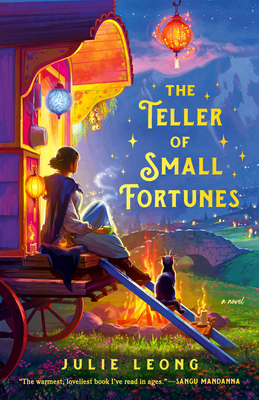
Brlic-Mazuranic, Ivana
This vibrant and illustrated selection of Croatian myths and heroic folk tales offers stunning glimpses into a centuries-old culture.
The familiar themes of the fairy tale - the gallant hero, fearsome beast, and damsel-in-distress - were popular with the storytellers of Croatia of old. What makes these stories so interesting is the local variations of familiar narratives; the maritime culture of Croatia is reflected in the story of Fisherman Plunk, whose poverty motivates him to seek adventure. Many of the mystical creatures described are peculiar to the Croatian culture, with dialogue between humans and creatures of the wilderness plus poetic verses giving each story a distinctive tone.
Croatia's folklore is understood to be a local variation on the wider grouping of Slavic myths. Exotic and unfamiliar to Western readers, the stories are made vivid by the illustrations of Vladimir Kirin, whose unique style brings the creatures and scenes of the stories alive. The translator F. S. Copeland sought to preserve the accuracy and uniqueness of Croatia's folklore, and appends at the conclusion a series of interpretive notes so readers can better understand the stories and the names of the characters.







